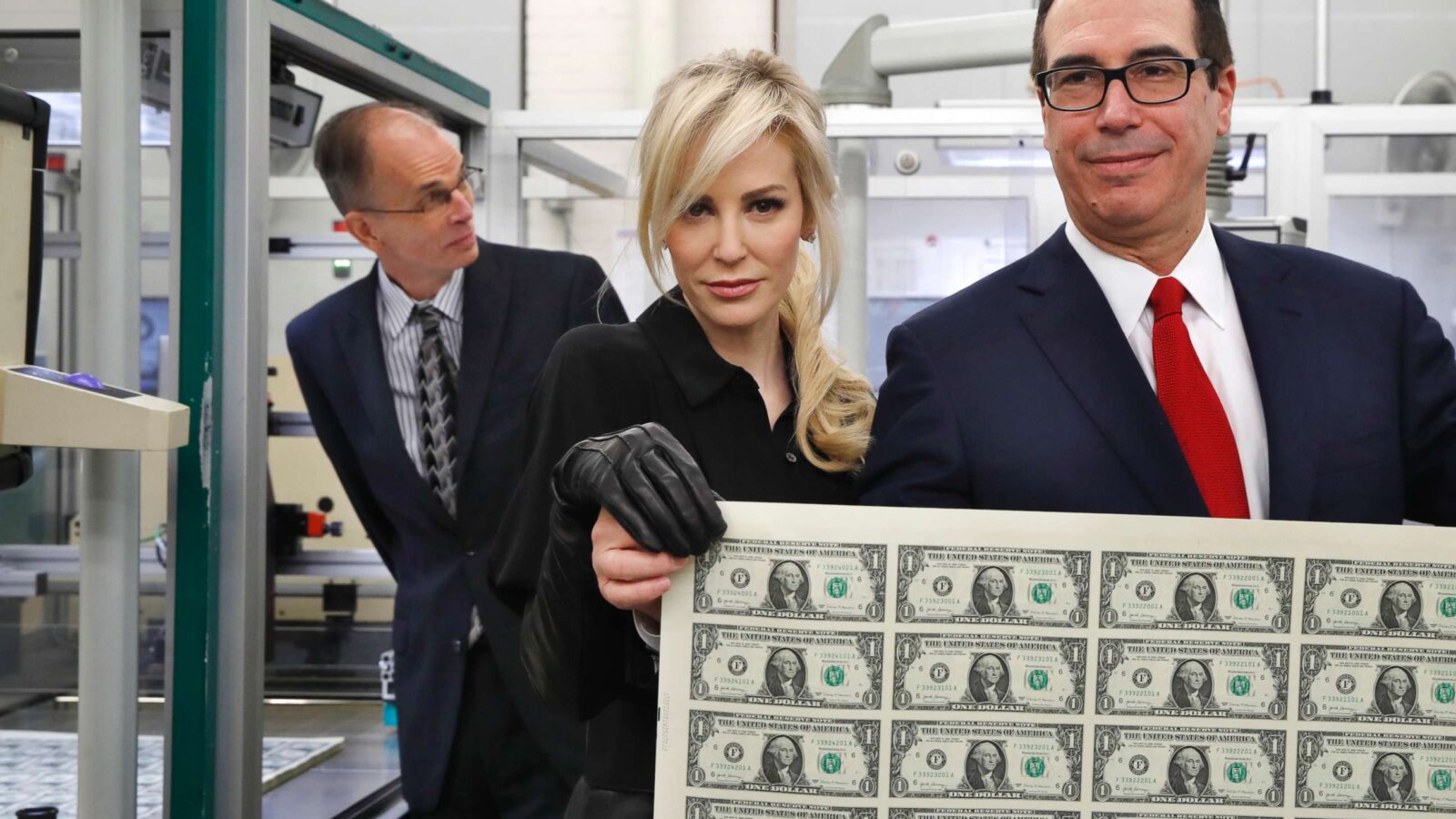I’ve been rich and I’ve been poor and neither one particularly appeals to me.
“Your personal experiences with money make up maybe 0.000000001% of what’s happened in the world, but maybe 80% of how you think the world works.” ~ Morgan Housel, “The Psychology of Money”
Do you have a healthy relationship with money?
Ever watch your best friend make an unnecessary purchase that you know he can’t afford? Ever heard of a person with a net worth of $200,000,000 using a coupon or even switching price tags on an item to save $2? i,e., a poverty mentality.
Do you know how your unconscious relates to spending, saving, earning, receiving and giving money?
Would you feel smart if you earned a profit on Bitcoin? Would you feel smart if you won money betting on a number on a roulette wheel? Would you feel smart driving to Costco and spending an hour looking for a parking spot to save $30 on a blender? What about saving $300 on a bed? What about $3,000 on a car? (Yes, Costco has a car buying program – trust me, I’ve used it.) What is your understanding of “opportunity cost” – the hour you lost looking for a parking spot at Costco?
Were you born on third base but walk around feeling poor because your mind is trying to keep up with the Jones’ latest fabulous vacation destinations as well as the other status symbols of the members of your tribe?
I’ve heard Esther Perel state that everyone negotiates their own definition of monogamy with themselves. I would add that everyone negotiates their own definition of value with themselves too.
Dollars have a value in each of our minds and that supposed value is used to exchange for past, present, and future goods and services.
Some people measure their earnings in hourly wages, some in rates for specific projects irrespective of time, some in annual salaries, and some in terms of net worth. It would be absurd to ask someone with a high net worth what her hourly wage was and it would be absurd to ask an eighteen year-old who just joined the army what her net worth was.
Everyone thinks differently (justifies) as well as speaks differently their financial compensations.
Does your mind have a ballpark figure about how much a “reasonable” lunch should cost in a restaurant or from take-out? Do you sometimes “splurge”? Does your mind do a cost/benefit analysis at the end of a meal imagining that you would have enjoyed it more had it cost less? And when you look at a restaurant menu do you look at the prices first, second, or never? Do you even know what an “anchor” is on a menu and how it functions to manipulate you into choosing the second highest priced item which is still higher than what you originally intended on spending? In some restaurants the prices aren’t even on the menu: if you have to ask the price, you can’t afford it.
One factor that I believe greatly impacts our relationships with money is how we watched our parents spend, save and give money and how they discussed it. Did they try to teach you the value of a dollar by having you do chores or did they try to bribe you into getting good grades or both or neither?
Is there a healthy way to consider exchanging dollars for goods and services? How much is an hour of your time worth? How do we justify an actor earning $50 million dollars per year and a school teacher earning $50,000 per year and both living in my neighborhood in Santa Monica and shopping at the same stores?
People want to believe that they have worked hard for their money even if they were born sliding into home plate. It is peculiar all of the associations that our minds make with the value of money and how we are compensated for our labor and time.
And that’s why I believe that karma plays a role in our finances: because if you deconstruct most people’s financial situations there seems to be a ghost in the machine, something that truly is non-sensical or inexplicable – such as making a particular investment or large purchase on a particular day or selling a stock or home at a particular time, or a casual phone call to a father’s fraternity brother who is now on the board of directors of a large corporation. I mean, financial success or failure can’t be just be random – can it? Financial success or failure can’t just be luck – good or bad – can it? And financial success or failure certainly can’t correlate strongly with raw intelligence – can it?
We have all met hardworking geniuses who are poor and talentfree idiots who are rich. Does anyone think that Bill Gates or Elon Musk score high in emotional intelligence?
So for me there must be indeterminate, imperceptible forces beyond the psychological relationships with money that exists in our unconscious minds. Similar to parking karma (and possibly equally unbelievable) – when someone casually strolls out the door late but pulls into the perfect parking spot as someone else leaves so that she arrives exactly on time.
If you don’t believe in karma and prefer to believe that some people are lucky and some are not, that’s fine. It’s a distinction without a difference – semantics.
In “Money Changes Everything: How Finance Made Civilization Possible,” William N. Goetzmann writes, “Finance has increasingly made us creatures of time.” I would add that finance makes me a creature of motion. In the left column I have office rent, home rent, health insurance, liability insurance, car insurance, retirement plans, estimated taxes, food and other expenses. In the right column I have the wages I earn on an hourly basis as a psychotherapist. At the end of each month, I need those two columns to be relatively equal.
As T.S. Eliot wrote 109 years ago, “I have measured out my life with coffee spoons.”
I am perpetually in motion. This is my money karma. I am uncertain that it is healthy or unhealthy. It merely is what it is.
What is your money karma?
And is your relationship with money psychologically healthy?


